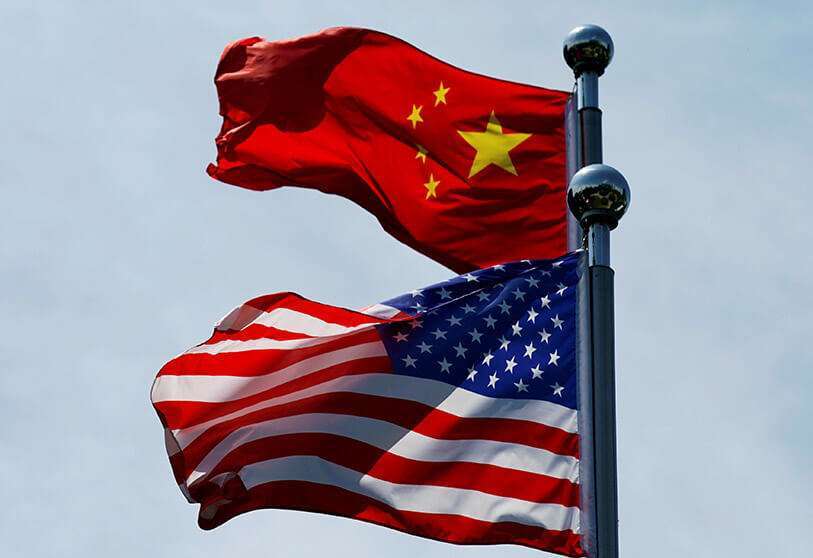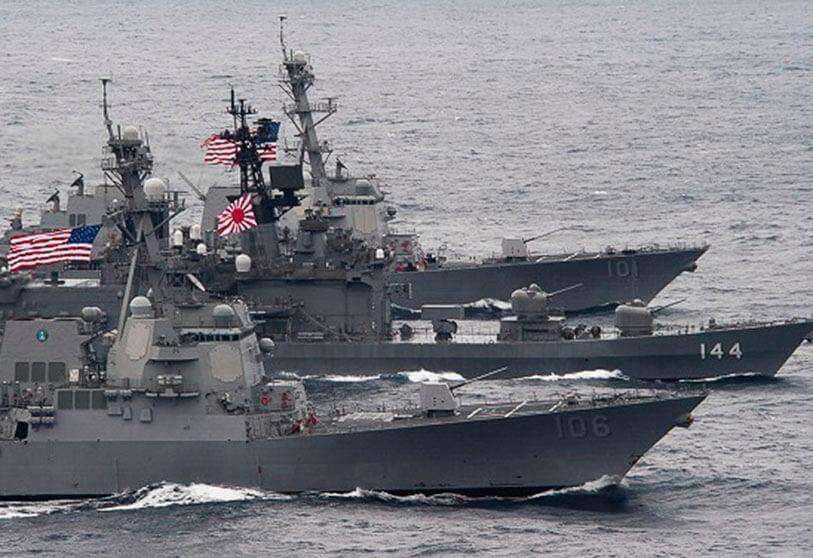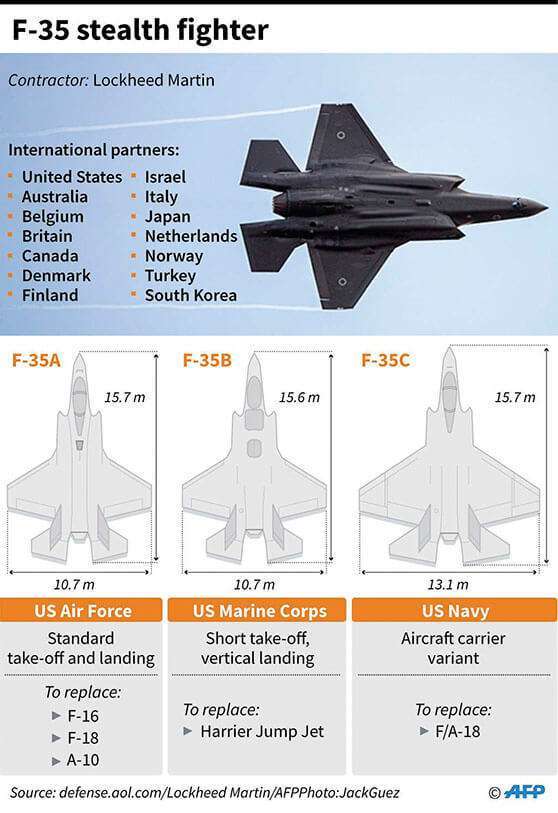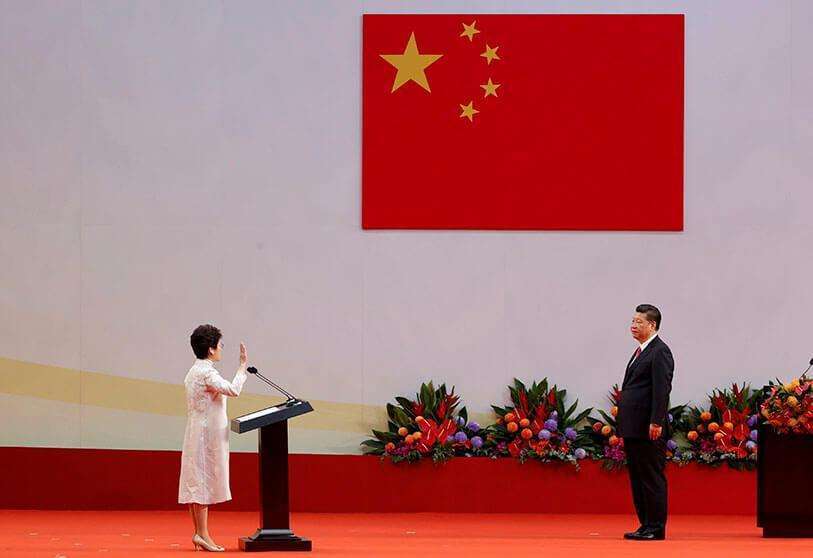China threatens US with "military conflict" over Taiwan stance

Tensions between China and the United States continue to escalate. The new world order has already highlighted China's role as a major world power alongside Russia and the United States, something that shakes the establishment and maintenance of Western values, as well as US power itself, a situation that the US is not prepared to contemplate.
For this reason, the US focus has shifted to one of its current main areas of interest: the Asia-Pacific, where China's interests in further expanding its influence in the region converge. It is here that Washington and Beijing have one of their main disagreements: the question of Chinese sovereignty over the island of Taiwan.

In a virtual meeting last November, US President Joe Biden and his Chinese counterpart Xi Jinping demonstrated the little or no common ground between the two powers on the Taiwan issue. On the one hand, the US continues to supply arms to Taiwan and reaffirms its position on defending its sovereignty "in the event of an armed attack". On the other hand, China claims sovereignty over the island and threatens retaliation against anyone who "meddles in Taiwan-related affairs".
In the face of this situation, the bellicose and threatening tone has not been lowered, and only a month ago the United States and Japan outlined a "response plan" that would be jointly launched in the event that China decided to attack Taiwan. The fact that the US chose Japan as a partner in this plan is not insignificant, as Washington and Tokyo have very close relations after they allied after the end of World War II.

After the approval of the plan and the temporary establishment of a military base on the Japanese island of Nansei, China has been threatened, but has not lowered the tension. The Chinese ambassador to the United States, Qin Gang, has warned that the US could face "a military conflict" over the future of Taiwan.
The diplomat warned that, should Taiwan, "emboldened by the United States", decide to continue along the path of independence, the two powers "will be faced with a military conflict". These statements also come days after China denounced the US destroyer USS Benfold for "illegally" sailing in Chinese waters without "prior government authorisation".
Also, a week after this "incursion", an F-35C fighter crashed into the deck of a US aircraft carrier, the USS Carl Vinson, in the South Sea. The crash left seven people injured and three of them had to be evacuated to hospital in Manila.

Following the incident, the United States is now trying to recover its fighter jet, a fighter that now stands as the most technologically advanced aircraft in the world, with a price tag of 100 million dollars. However, this rescue operation is not without its difficulties because Beijing is closely monitoring US movements as it claims over three million square kilometres of water in the South Sea as its own.
According to Carl Schuster, former director of operations at the US Pacific Command's Joint Intelligence Centre, speaking to CNN, China is "very interested" in this aircraft model in order to try to copy its details in its own fighters. For this reason, he affirms that China would be "trying to locate it and examine it thoroughly using submarines and one of its deep-sea submersibles". The Chinese foreign ministry, on the other hand, stresses that it has "no interest in the US plane" and denies even looking for it.
This climate illustrates the main tensions between the two powers as a result of the rivalries they maintain both to maintain their influence (on the US side) and, in the case of China, to extend it and gain the upper hand over Washington.

Relations between the two nations are experiencing their most complicated moments. Far from trying to "build consensus, take active steps and move relations in a positive direction", as the Chinese leader announced, tensions are increasing and the two "old friends", as Biden referred to them in his virtual meeting, are moving further and further away from cordiality.
Taiwan is the cornerstone that pits the two nations against each other and the enclave where the strategic interests of both can be most clearly glimpsed. The island remains in limbo while China is increasingly threatening a "possible invasion".
In the event of such an invasion, the United States has made it clear that it will "respond", a scenario that joins the current tensions that Europe is experiencing due to the Russian-Ukrainian crisis, added to the European crisis due to its limited influence on the international scene.








